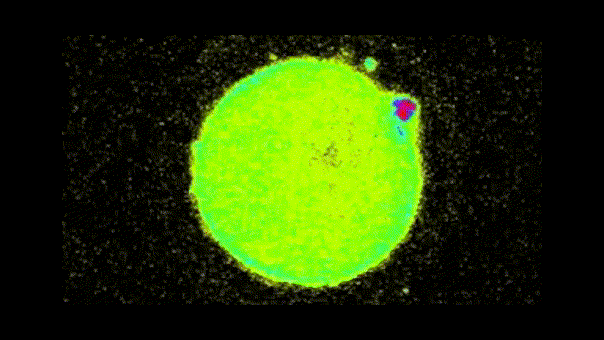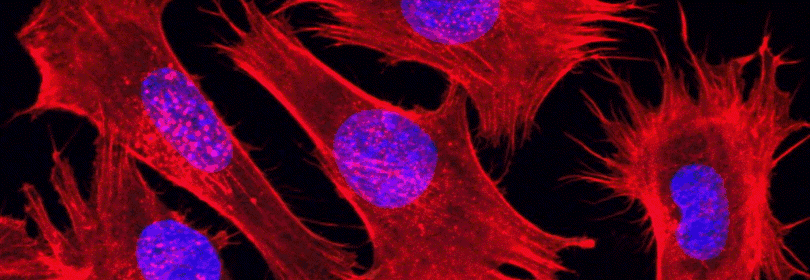BLOCKCHAIN IN BUSINESS NETWORKS – TYPES AND DESCRIPTION

KIELTYKA GLADKOWSKI KG LEGAL constantly supervises and prepares its lawyers for the specialization in which they provide services for foreign clients. In order to systematize the conceptual grid of very specialized fields of IT, fintech, blockchain, KIELTYKA GLADKOWSKI conducts internal consultations to improve the experience of our lawyers specializing in legal assistance for foreign clients from the IT and TECH sector. As a result of such internal research, KIELTYKA GLADKOWSKI creates and publishes texts on topics related to modern legal problems, but also to explain the basic concepts of specialized technology and IT fields. In this way, KIELTYKA GLADKOWSKI aims to demonstrate to potential clients within specialized industries that our lawyers are also familiar with specialist terms necessary for a proper understanding of our foreign client’s business and legal needs, especially in relation to clients operating in all sectors of production with the use of blockchains as well as supply chains using blockchains.
This is one of those texts. We invite you to read it.




